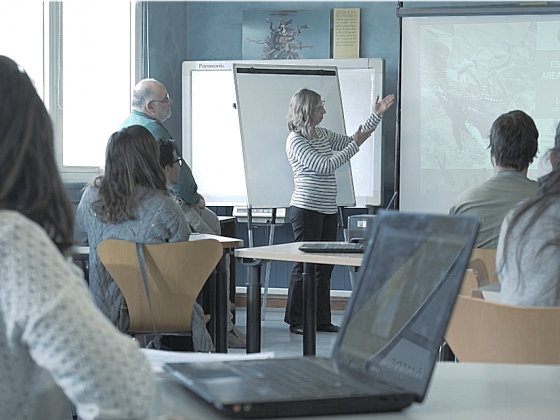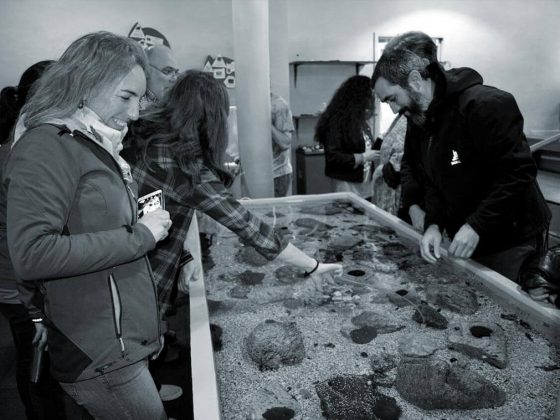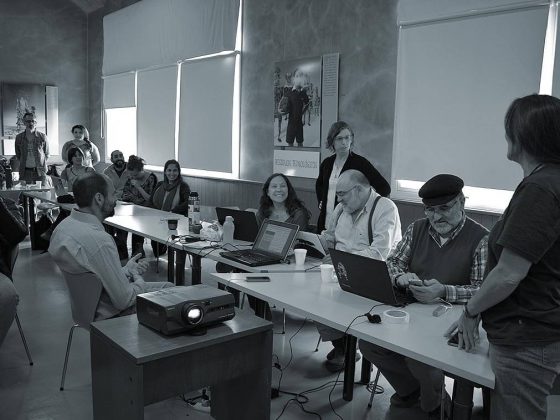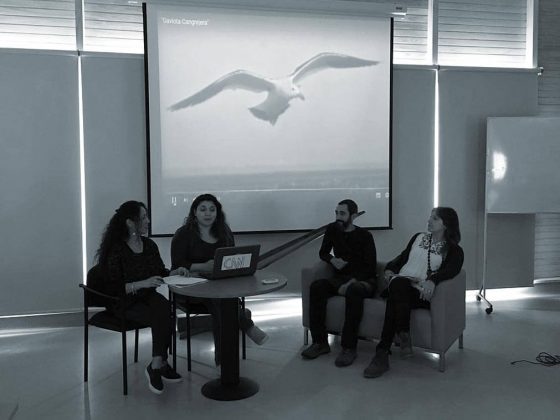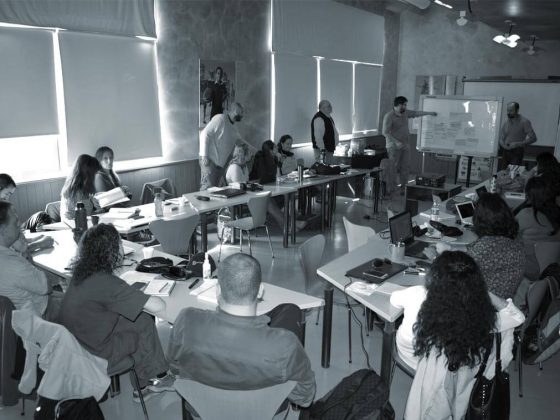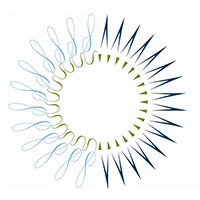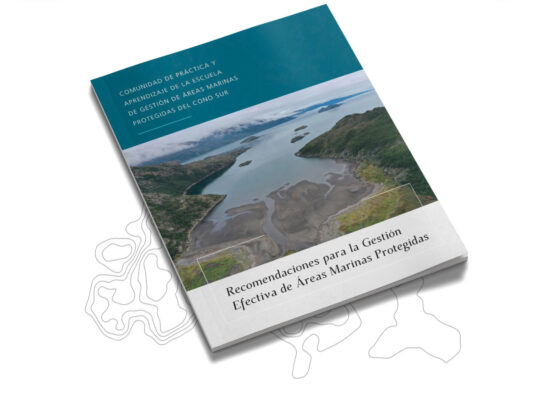
SCHOOL FOR THE MANAGEMENT OF THE MPAS
Effective management of Marine Protected Areas in the region must be strenghten. We coordinate initiatives with regional perspective, to develop capacities and promote networks that contribute to their effective implementation.
© DSD
Vision
Set up and sustain a continuing education mechanism, within the framework of collaborative efforts among governments, civil society organizations and academic institutions, involving a significant percentage of personnel in charge of MPA systems in the countries of the region.
Learning Community
This will, in turn, foster a practicing and learning community conducive to exchange and collaboration among people in charge of managing, administrating, planning and/or supervising MPA, while facilitating integration of conservation efforts.
Objective
A significant percentage of personnel in charge of key MPA management positions is properly trained for effective and adaptive MPA management, in accordance with common criteria and methods, and initiates a capacity building process in their respective organizations, conducive to improving the management effectiveness of areas within their purview.
Chile, Argentina and Uruguay have established MPA and may create new ones to strengthen national strategies and/or surpass goals set for marine biodiversity conservation. However, in order to achieve the objectives of current MPA and contribute to the correct design and management of those to be established, their effective management must be strengthened.
Maintaining the soundness of marine ecosystems in the Southern Cone requires collaborative approaches of public and private sectors, aimed at enhancing management and conservation measures with a regional view.
The SCHOOL is a trial run for a comprehensive approach to efficient training and achieves an impact on a scale appropriate for the typical characteristics of the Southern Cone seas, which must be addressed in a dynamic manner with an adaptive, regional approach.
Impact and Scope
The impact achieved by the SCHOOL in recent years is considerable:
-
3 pilot courses
-
28 participants: public administration officials and civil society organization members holding MPA management, administration, planning and supervising positions
-
9 professors, professionals with a strong track record in the subjects to be taught.
-
39 Marine Protected Areas have benefited from exercises and realistic analyses that have contributed to their management.
-
14 projects to address the main management challenges identified together with different perspectives for their actual implementation.
-
13 institutions (11 governmental, 2 from civil society).
Notwithstanding, in the face of the formidable MPA management challenges in the immediate future, and in the context of generally low effectiveness in the region, it is evident that training demands far exceed what can be encompassed by a set of explanatory courses like those held since 2017.
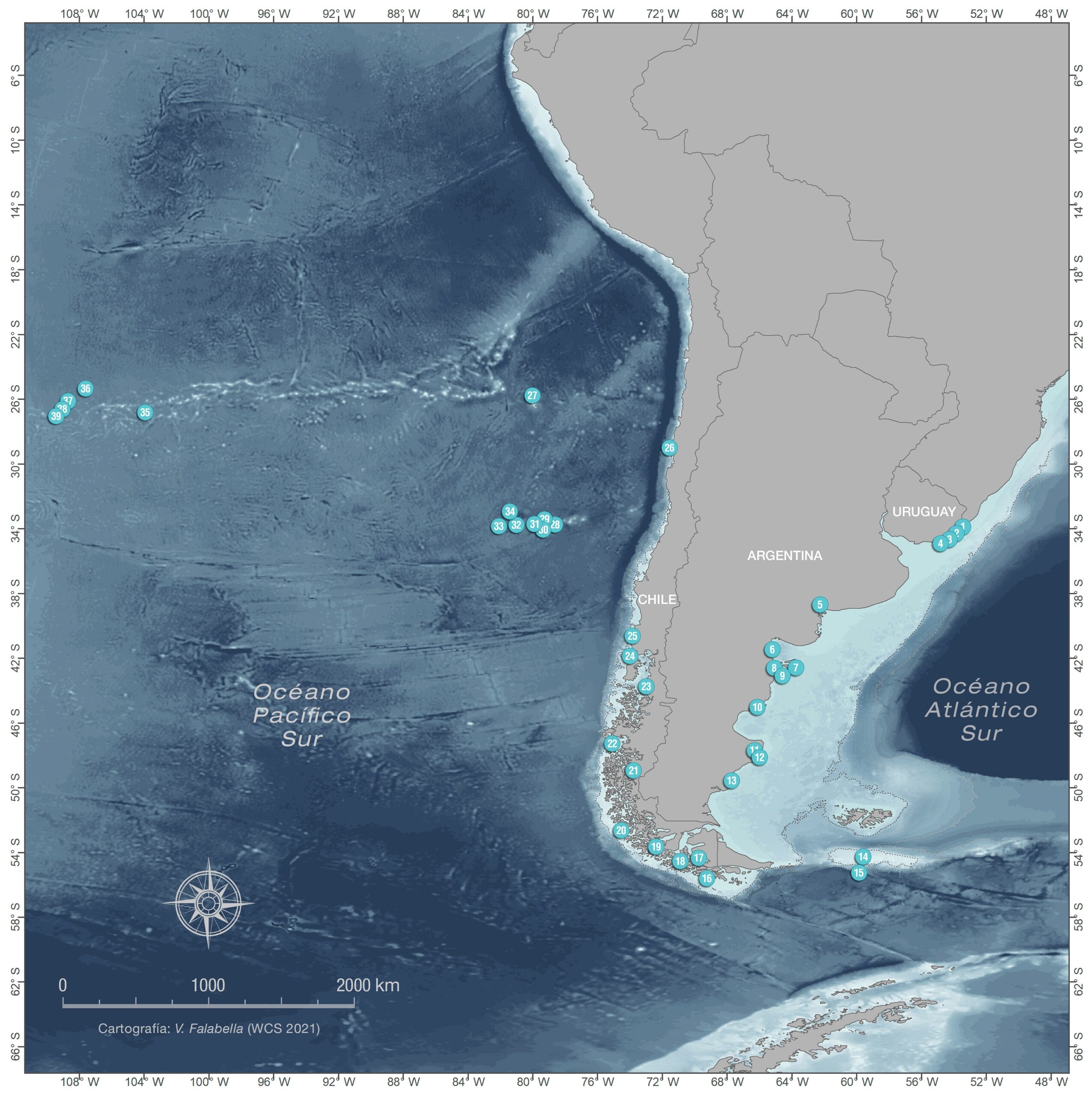
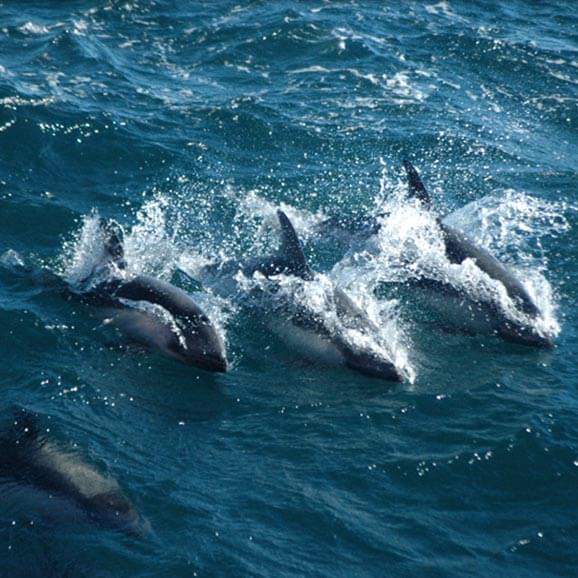
© Leo Tamini AA–ATF
Approach based on Skills Training
The SCHOOL’s methodology is based on the skills learning approach. The aim of this approach is that participants acquire, while simultaneously putting into practice, knowledge, skills and attitudes to solve the most essential problems, in order to effectively manage areas under their purview, within the framework of their duties. Those benefiting from the program identified a series of priority skills to address key aspects of MPA management, in accordance with their current situation:
- Project Management
- Designing Management Plans
- Forging Alliances
- Supporting Management Plan Implementation
- Monitoring Species and Environments
- Control and Surveillance Planning
- Operative Planning
- Establishing MPA
The experience gathered from operating the SCHOOL allows us to learn lessons from the pilot courses that may be applied in standardizing processes and coordinating similar activities in the future.
The proposal is to consolidate a dynamic, public-private program, which will be planned and managed in a collaborative manner and aimed at developing skills of the professionals in charge of managing MPA in the Southern Cone, as well as other key players in these duties.
Currently the School targets public administration officials and NGO personnel who discharge management, administration and supervision duties in MPA. In the future we hope to extend its audience to include new management groups and other key players, such as park rangers, fishing communities, tourism operators, community representatives, among other key players connected with MPA management, with skill sets designed specifically for them.
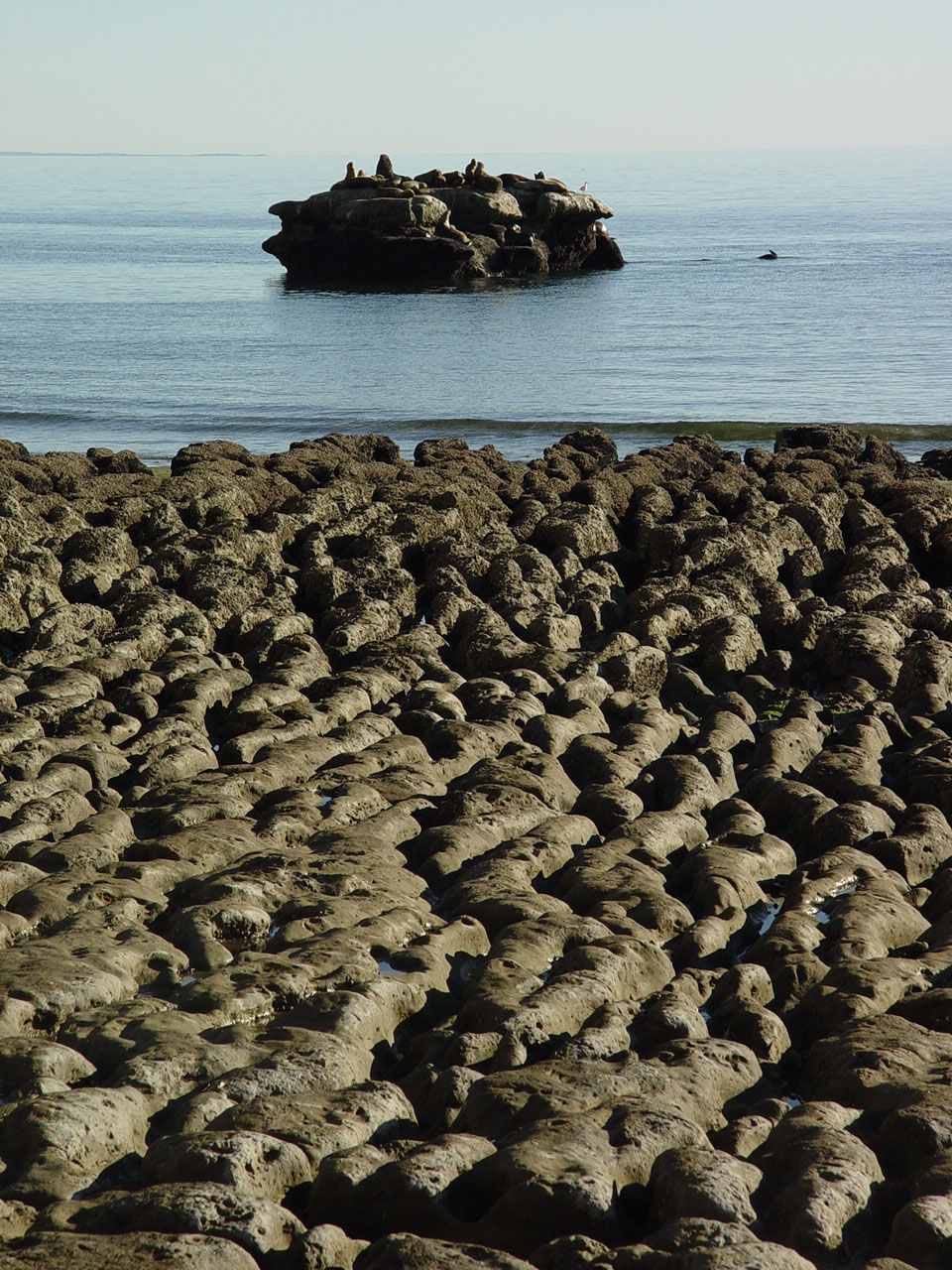
© M. Sironi – ICB
Publications
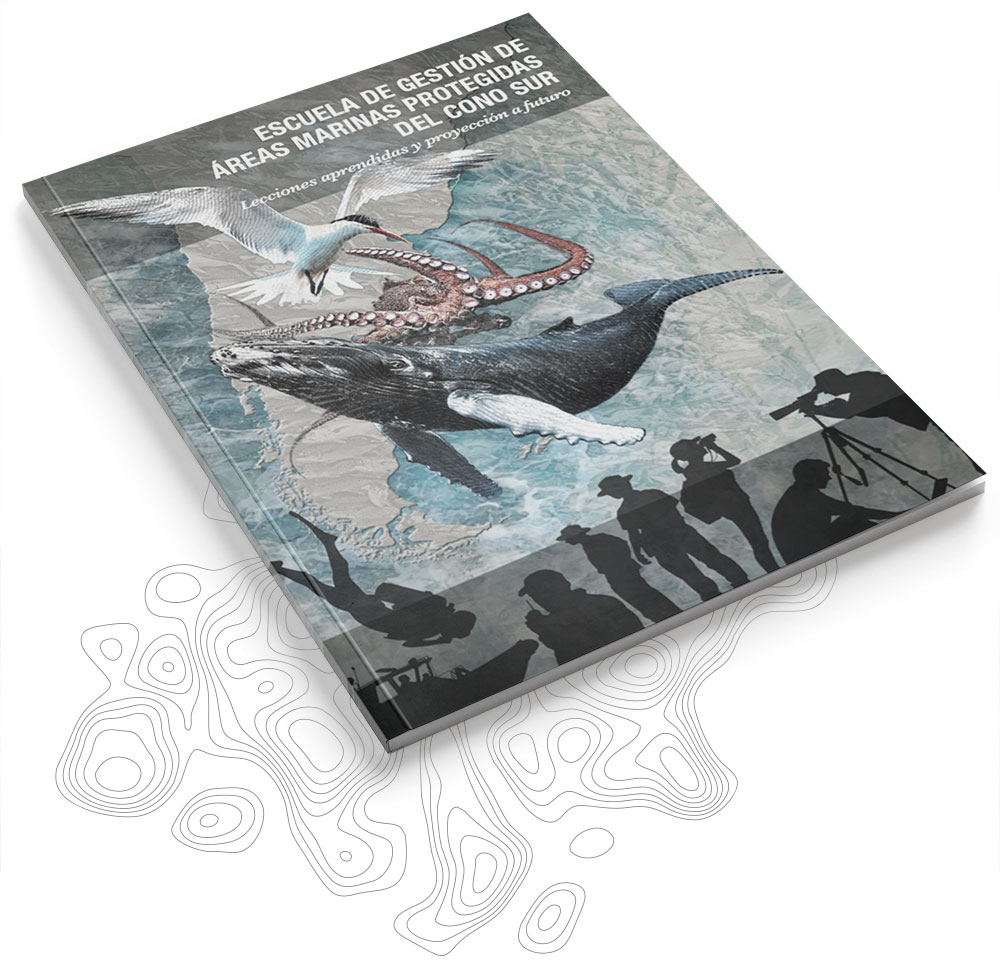
School for the Management of the Marine Protected Areas of the Southern Cone. Lessons learned and future projection.
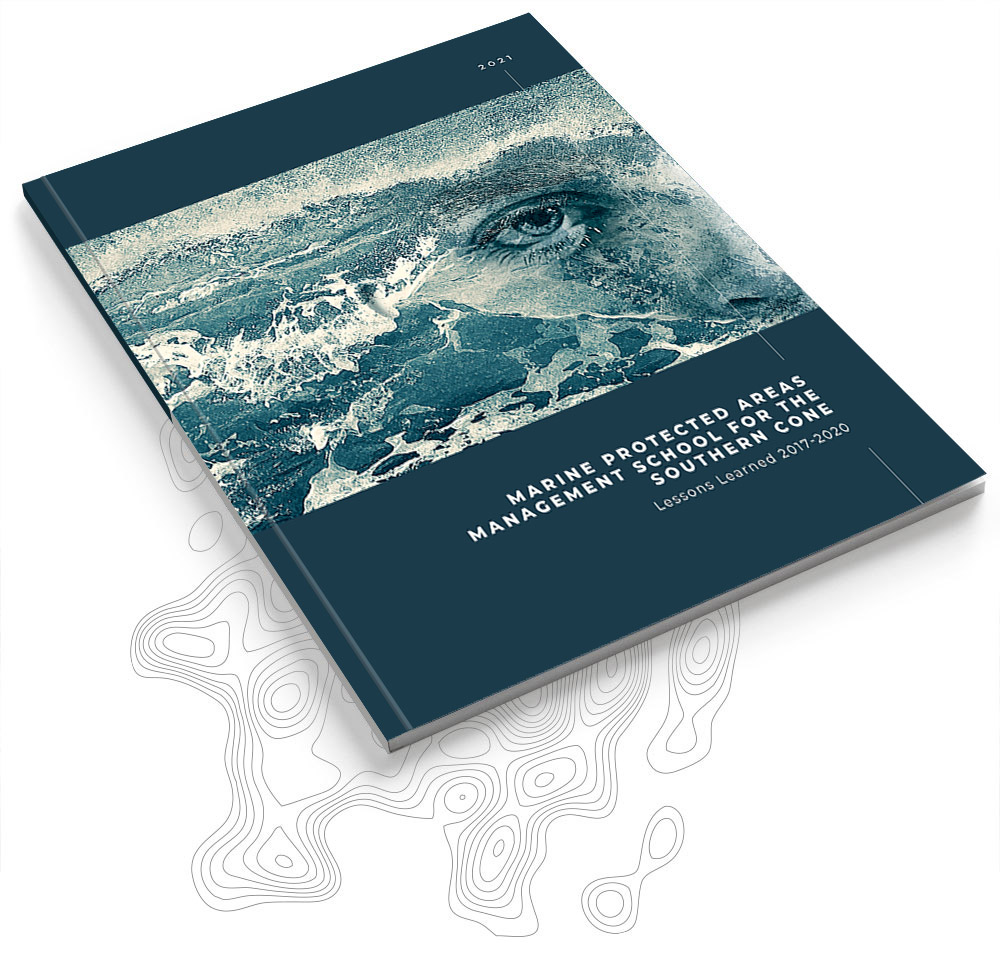
School for the Management of the Marine Protected Areas of the Southern Cone. Lessons Learned 2017-2020.
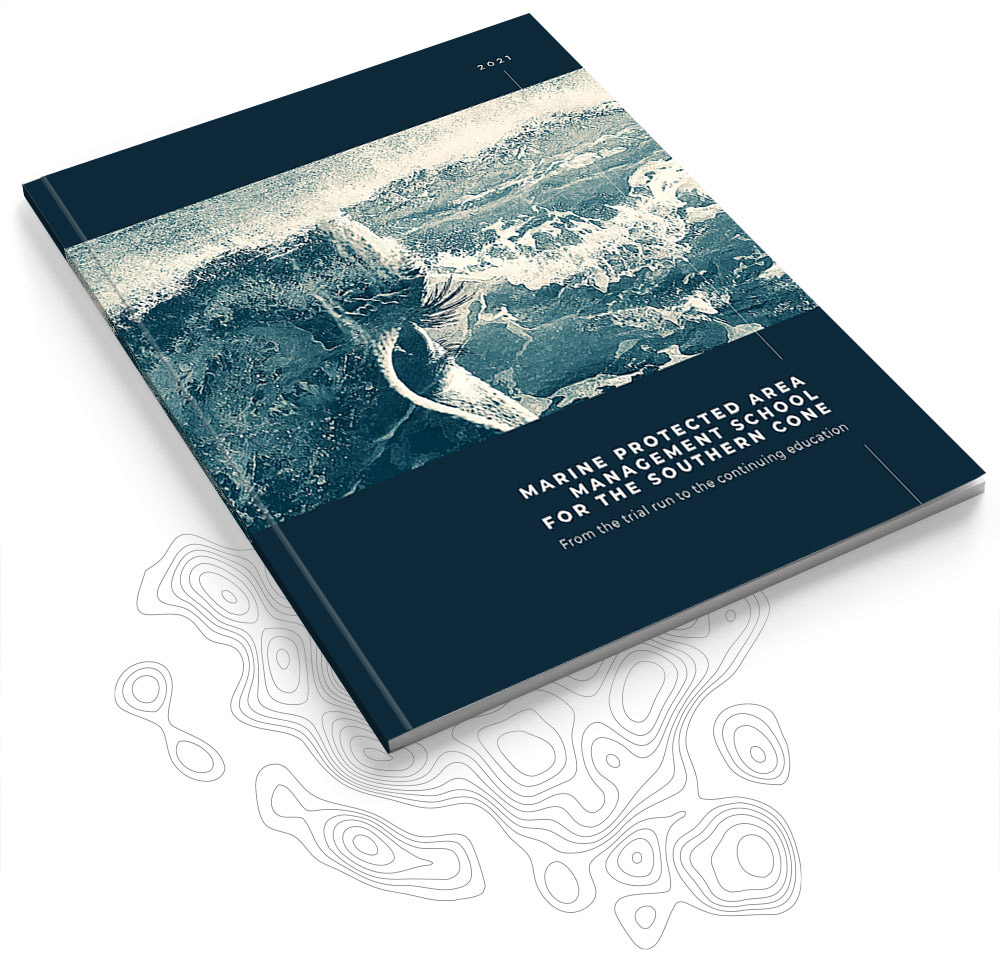
School for the Management of the Marine Protected Areas of the Southern Cone. From the trial run to the continuing education.
Testimonials
“We are creating support networks that will help MPA managers”.
“It would be interesting if it would be a permanent school for continuous training”.
“We are developing a common vision on how to manage marine environments in the Southern Cone”.
“Thanks to the School I have been able to put forward proposals within the institution. The contribution has been considerable due to learning from the experience of others and networking with managers from other regions”.
“Sharing experiences among Southern Cone countries is vital; we share resources, systems and endemic species. Establishing isolated MPAs to preserve them would not be efficient”.
“We acquired many tools to improve management in the MPAs we work in”.
“Knowledge of other management realities and ideas in other countries is extremely enriching. We hope that all our personnel in charge of MPAs in Chile can participate in the School”.
The 2017 Pilot Course was declared “Of Interest by the Honourable Chamber of Senators of Argentina” (File S- 3884/17).
Project Support
Collaboration among state institutions, civil society organizations and donating entities of different countries is feasible and is conducive to organizing effective training activities which fulfill common needs in the region.
Academic coordinator:
Alexandra Sapoznikow
Organized by:

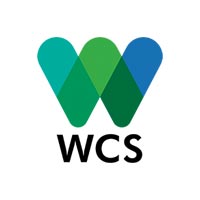

Coordinated by:
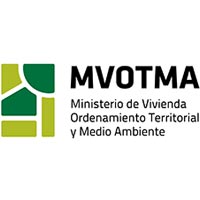
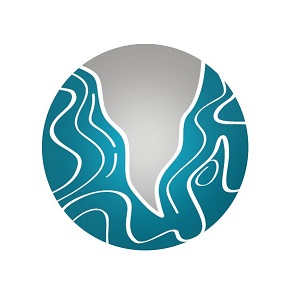
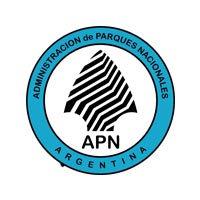
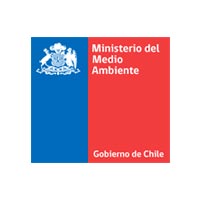
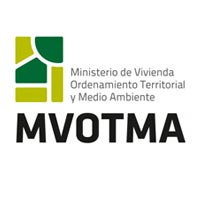
Supported by:
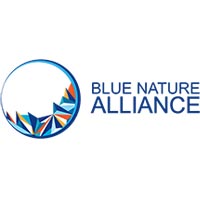
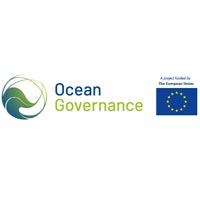
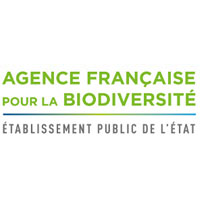

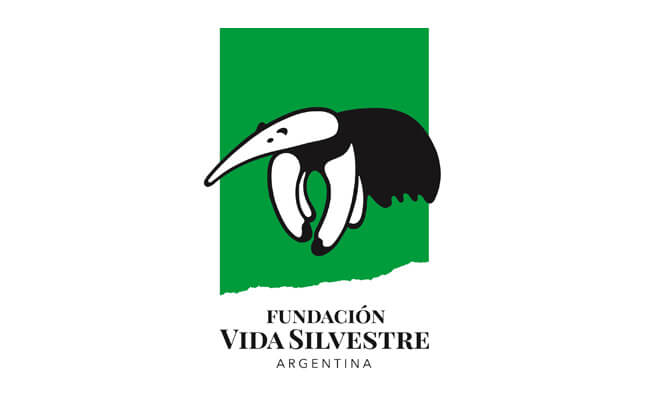
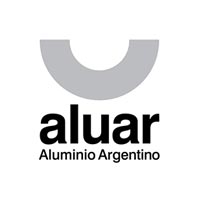

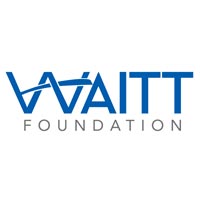
Related News

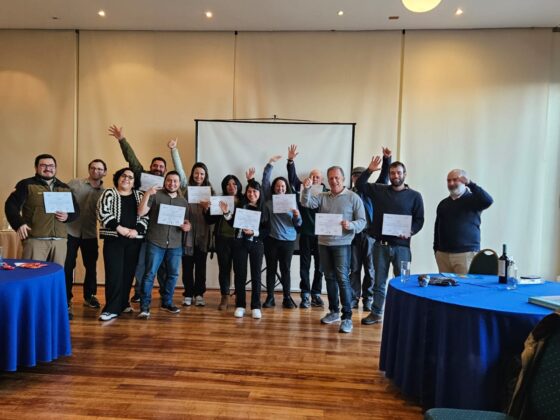
Unprecedented international course to improve the management of Marine Protected Areas is coming to its closing day in Puerto Montt and Calbuco
Unprecedented international course to improve the management of Marine Protected Areas is coming to its closing day in Puerto Montt and Calbuco https://marpatagonico.org/wp-content/uploads/indedito-curso6.jpg 1600 900 The Forum for the Conservation of the Patagonian Sea //marpatagonico.org/wp-content/uploads/logo-foro-20-celeste.svg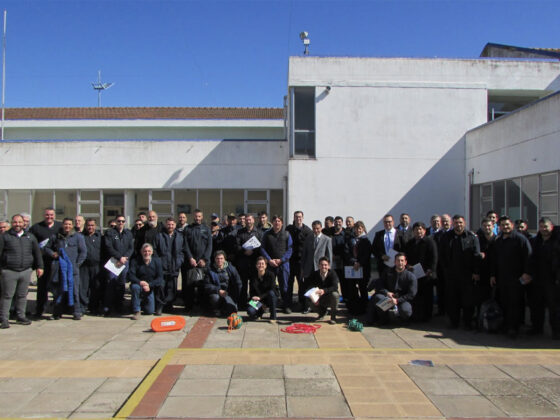
Training on mitigation measures to reduce seabird bycatch at the National Fishing School
Training on mitigation measures to reduce seabird bycatch at the National Fishing School https://marpatagonico.org/wp-content/uploads/gacetilla-1.jpg 1600 901 The Forum for the Conservation of the Patagonian Sea //marpatagonico.org/wp-content/uploads/logo-foro-20-celeste.svg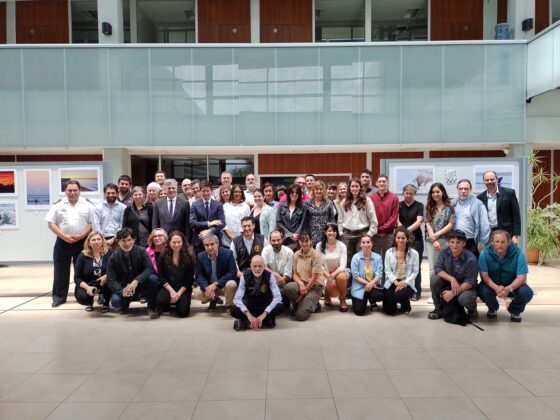
Workshop on Marine Protected Areas of Argentina in Rawson, Chubut, brings together key stakeholders
Workshop on Marine Protected Areas of Argentina in Rawson, Chubut, brings together key stakeholders https://marpatagonico.org/wp-content/uploads/Todos-II.jpg 1600 1200 The Forum for the Conservation of the Patagonian Sea //marpatagonico.org/wp-content/uploads/logo-foro-20-celeste.svg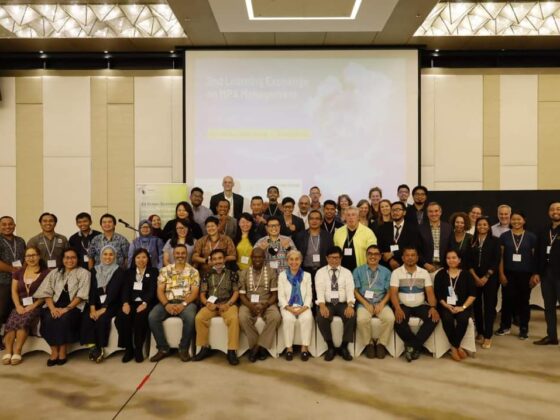
The Forum for the Conservation of the Patagonian Sea and Areas of Influence presented the School for the Management of Marine Protected Areas of the Southern Cone at international meeting
The Forum for the Conservation of the Patagonian Sea and Areas of Influence presented the School for the Management of Marine Protected Areas of the Southern Cone at international meeting https://marpatagonico.org/wp-content/uploads/Encuentro-Malasia-1.jpeg 1080 718 The Forum for the Conservation of the Patagonian Sea //marpatagonico.org/wp-content/uploads/logo-foro-20-celeste.svg